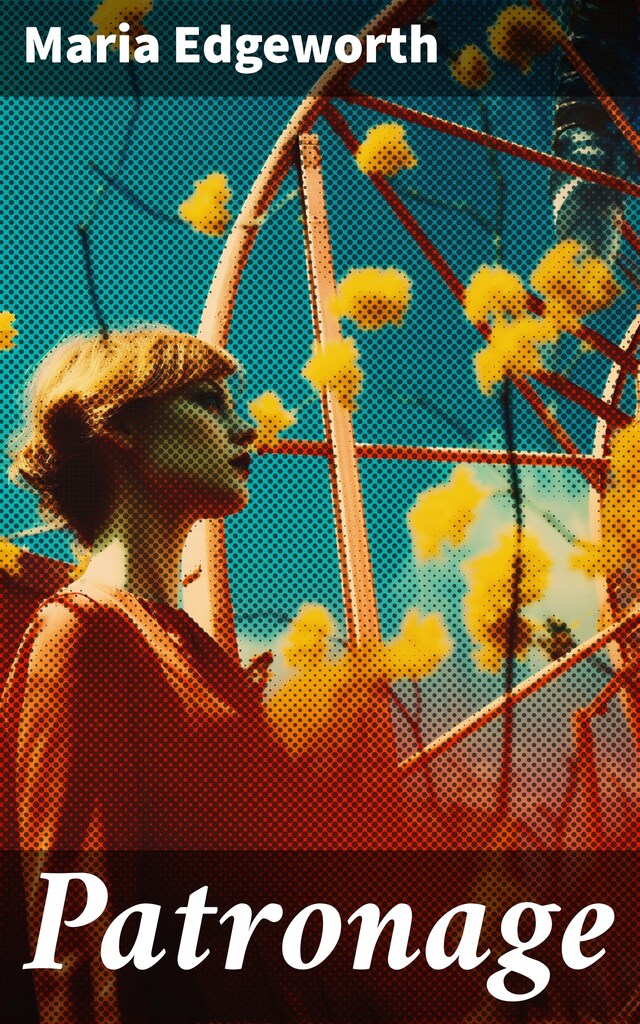Patronage
Historical Novel
Description of book
Maria Edgeworth's "Patronage" unfolds a compelling narrative set against the backdrop of early 19th-century England, exploring the intricacies of social class, personal ambition, and the influence of patronage on individual lives. Through a blend of sharp wit and astute observation, Edgeworth employs a rich, dialogic style that illuminates the moral dilemmas faced by her characters. The novel's structure reflects the conventions of the time, combining elements of realism and romanticism while critiquing the societal norms that dictate relationships and opportunities for advancement. This literary work serves as both a significant commentary on the power dynamics of its era and a precursor to the complex character development found in later Victorian novels. Maria Edgeworth, an Irish novelist and educationalist, was a notable figure in the early development of the novel as a form. Born to a wealthy Anglo-Irish family, she was acutely aware of the privileges and restrictions of her social class. Her experiences and education provided her with a keen insight into the intricacies of patronage and social mobility, significant themes that resonate throughout "Patronage." Edgeworth's commitment to social reform and her interest in educational access for women also influenced her writing, positioning her as a forward-thinking voice in literature. "Patronage" is highly recommended for readers interested in the interplay of personal and political spheres during the Regency period. Edgeworth'Äôs keen observations and vibrant characterizations breathe life into a story that remains relevant today. This novel not only captivates but also challenges its audience to reflect on the nature of influence and societal structures, making it an essential read for scholars and literary enthusiasts alike.
 Maria Edgeworth
Maria Edgeworth 156 Pages
156 PagesThe book Patronage and over 1 million other books
from €99/month
Fill your life with stories
